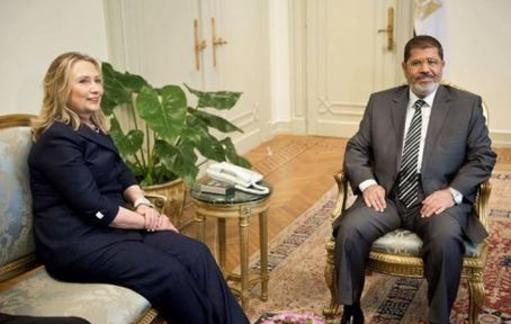Spengler has a new column that points out the coming collapse of Islam as a demographic entity. I have thought for years that Iran, if the population ever succeeds in overthrowing the regime, will abandon Islam as its first priority. Spengler points to a column by David Ignatius that belatedly recognizes a phenomenon that has been noted by others for years.
Something startling is happening in the Muslim world — and no, I don’t mean the Arab Spring or the growth of Islamic fundamentalism. According to a leading demographer, a “sea change” is producing a sharp decline in Muslim fertility rates and a “flight from marriage” among Arab women.
Nicholas Eberstadt, a scholar with the American Enterprise Institute, documented these findings in two recent papers. They tell a story that contradicts the usual picture of a continuing population explosion in Muslim lands. Population is indeed rising, but if current trends continue, the bulge won’t last long.
The second class status of women in the Muslim world has led to important changes in their beliefs, especially about the religion that oppresses them.
Eberstadt’s first paper was expressively titled “Fertility Decline in the Muslim World: A Veritable Sea-Change, Still Curiously Unnoticed.” Using data for 49 Muslim-majority countries and territories, he found that fertility rates declined an average of 41 percent between 1975-80 and 2005-10, a deeper drop than the 33 percent decline for the world as a whole.
Twenty-two Muslim countries and territories had fertility declines of 50 percent or more. The sharpest drops were in Iran, Oman, the United Arab Emirates, Algeria, Bangladesh, Tunisia, Libya, Albania, Qatar and Kuwait, which all recorded declines of 60 percent or more over three decades.
The present fertility rate in Iran is about equal to that of irreligious Europe.
